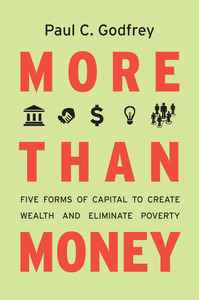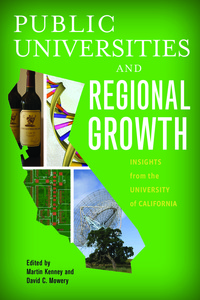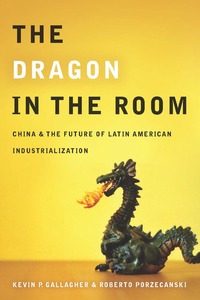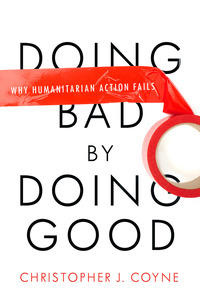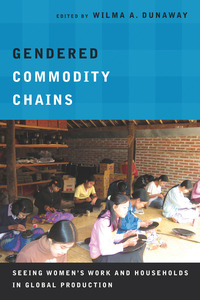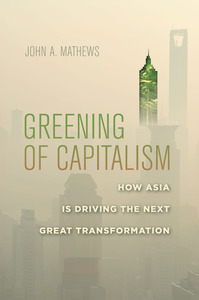In Connection with the UNDP-RBAS
Since 1990, the United Nations Development Program has been providing annual "Human Development Reports" that set out the basic social and economic indicators for the nations of the world. The Arab Human Development Report, which is focused exclusively on the twenty-two Arab states, provides a comprehensive and comparative examination of the region. Filled with charts, tables, and sidebars, the book provides analysis of the current situation, compares Arab performance with other world areas, and provides an agenda for action. Past AHDRs have focused on the deficits of freedom, knowledge, and women's empowerment that exist in the region; the 2004 edition will focus on freedom and good governance. The reports have received considerable attention from the press, policy makers, and politicians, including Thomas L. Friedman in his column for the New York Times: "There is another tremor shaking the Arab world. This one is being set off by a group of courageous Arab social scientists, who decided, with the help of the United Nations, to begin fighting the war of ideas for the Arab future by detailing just how far the Arab world has fallen behind and by laying out a progressive pathway forward."
About the author
Mohamed Nour Farahat is a Professor of legal philosophy at Zagazig University in Egypt and Attorney at Law. In 2001, he was awarded the Egyptian State Award for Excellence in Social Science and in 2004, with the State Award of Appreciation in Social Science. Dr. Farahat worked in various capacities with a number of UN agencies, including the High Commissioner on Human Rights, UNESCO, UNDP and UNDESA. His projects focus on the promotion of human rights, governance and democracy. He is also widely published in the disciplines of legal history, philosophy, sociology and human rights in the Arab Region.
Nader Fergany is currently the Director of Almishkat Centre for Research in Egypt. He is also lead author for the Arab Human Development Reports of 2002, 2003, and 2004. He obtained his doctorate from the University of North Carolina, USA. He has taught and undertaken research at numerous institutions in Egypt and elsewhere and acted as a consultant to many Arab and international organizations. He has also published on demography, international migration, labour markets, education and development in the Arab world.
Abdelwahab El-Affendi is a Senior Research Fellow at the Centre for the Study of Democracy, University of Westminster and Coordinator of the Centre's Project on Democracy in the Muslim World. Educated at the Universities of Khartoum, Sudan, Wales, and Reading, UK, he is author of several works on Islam, state and power in the Sudan and has contributed to many leading journals. Dr. El-Affendi is a member of the Consultative Council of the Arab Human Rights Organization in the UK, and a trustee of the International Forum for Islamic Dialogue (UK). Dr. El-Affendi also contributes regularly to Al-Quds al-Arabi (London) and the Daily Star (Beirut).
Marie Rose Zalzal is a lawyer with a degree and career in International Law. She is a member of the Secular Lebanese Wing and a member of the Gathering of Lebanese Women Researchers. She is also an activist in the areas of "No Violence" and "Human Rights," and an activist for a healthy environment, and has participated in numerous local and global conferences. She also authored many publications on law and general human rights issues.
"This is one of the finest U.N. products under Kofi Annan. . . . (It) focuses on 'the acute deficit of freedom and good governance' in the Arab world. It underscores how much Arab peoples crave, and need, freedom and good government—as much any other people. Read this report and you'll also understand why part of every Arab hates the U.S. invasion of Iraq—and why another part is praying that it succeeds."
—Thomas Friedman, Op-Ed columnist for New York Times
"A taut 17-page executive summary provides the highlights, but many will wish to ponder the entire report: it is an impressive presentation of the Arab political condition."
—Foreign Affairs
 PRESS
PRESS
